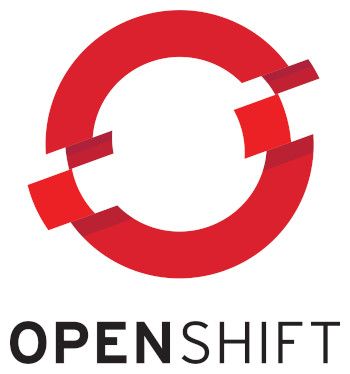-
Monitoring APIRequestCount in OpenShift
2 min read

Openshift provides an object that tracks the number of requests made to the Kubernetes API server. It provides insights into the load on the cluster, the performance of applications, and helps in capacity planning. By monitoring APIRequestCount, you can identify potential bottlenecks, detect unusual spikes in traffic, and optimize resource allocation.
$ kubectl get apirequestcounts NAME REMOVEDINRELEASE REQUESTSINCURRENTHOUR REQUESTSINLAST24H alertmanagerconfigs.v1alpha1.monitoring.coreos.com 6 1706 alertmanagers.v1.monitoring.coreos.com 20 2891 apiservices.v1.apiregistration.k8s.io 994 99521 (...)11/07/2023
Read more... -
OpenShift 3.11 - custom default route certificate failing with certificate has expired or is not yet valid
2 min read

After trying to set a custom default certificate for the OpenShift routes we might see how it's Pods starts crashing:
$ kubectl get pods NAME READY STATUS RESTARTS AGE router-10-rh8vf 1/1 Running 0 32m router-10-f2dt2 0/1 CrashLoopBackOff 6 7m router-10-m45b7 1/1 Running 0 31mChecking it's logs we'll get a quite misleading message:
$ kubectl logs router-10-f2dt2 -n default Error from server: Get https://some.openshift.cluster:10250/containerLogs/default/router-10-f2dt2/router: x509: certificate has expired or is not yet valid04/07/2023
Read more... -
Running tcpdump on an OpenShift cluster
3 min read

If we want to take a look at the network traffic that we get out of an OpenShift node we can use the oc debug command to spin up a privileged pod with tcpdump installed. This way we don't need to ssh into the worker node.
22/05/2023
Read more... -
Container with alpine failing to execute a file with not found
3 min read

While building a container using alpine as a base image we can get a not found error while trying to execute a file that doesn't make much sense:
$ docker run -it test /usr/local/bin/example-app exec /usr/local/bin/example-app: no such file or directory14/11/2022
Read more... -
Using ephemeral containers
3 min read

Starting Kubernetes 1.23, ephemeral containers are enabled by default (in beta though). Using ephemeral containers we can now troubleshoot pods by deploying a temporary container into it with extra privileges or binaries to use
22/08/2022
Read more...